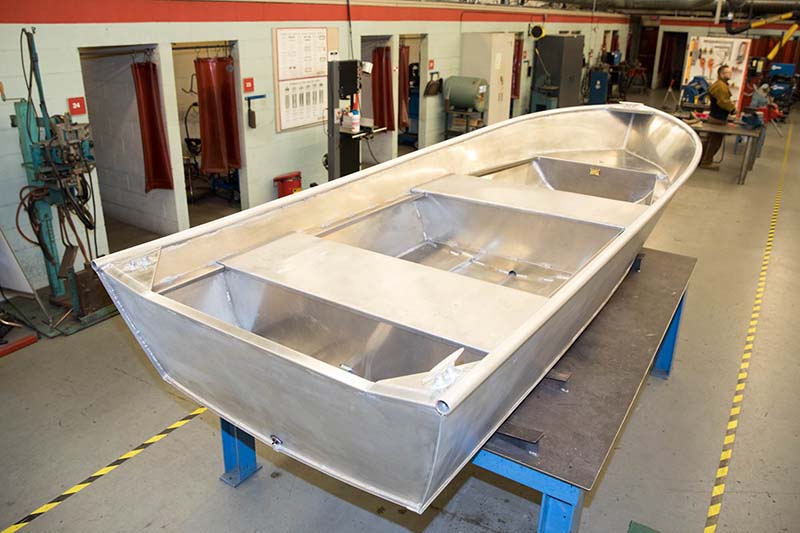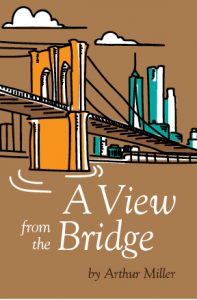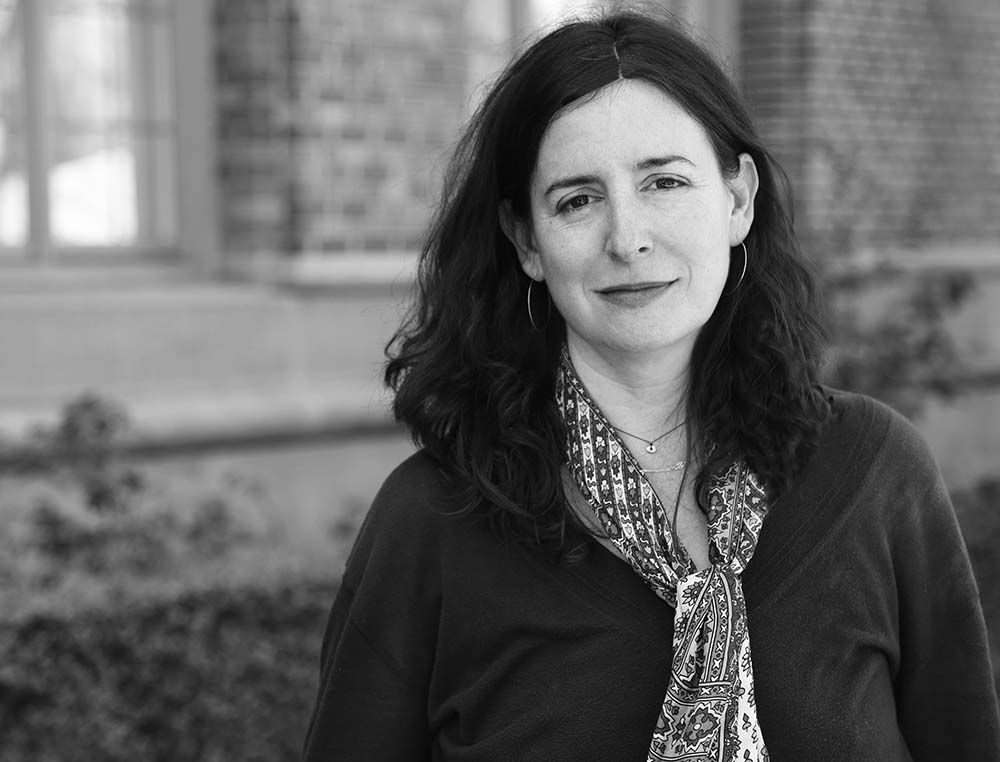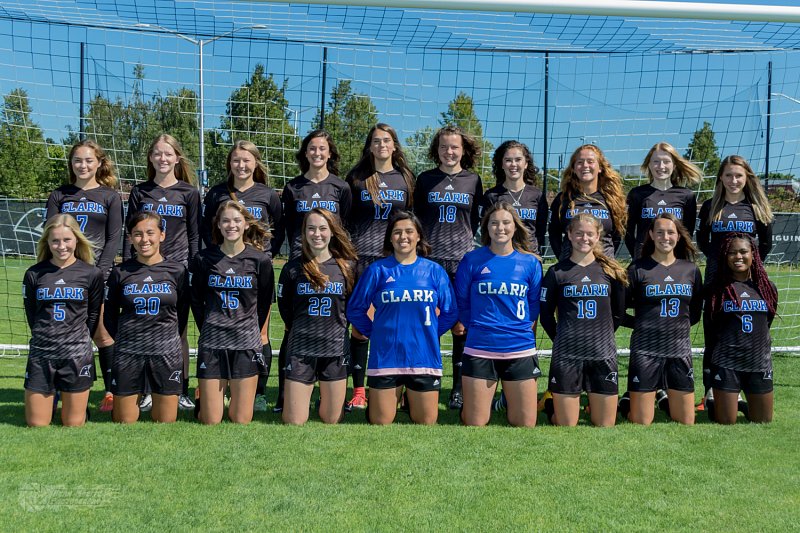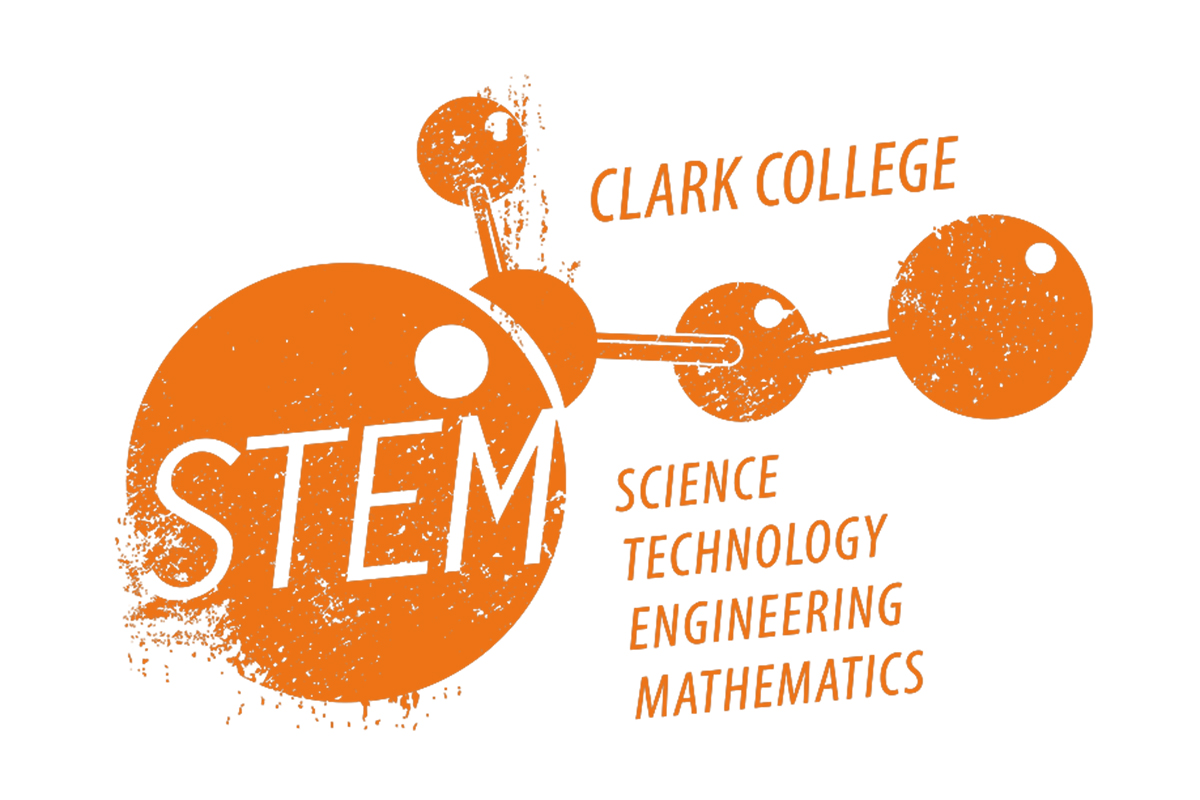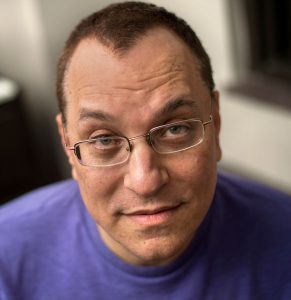Fall sports roundup
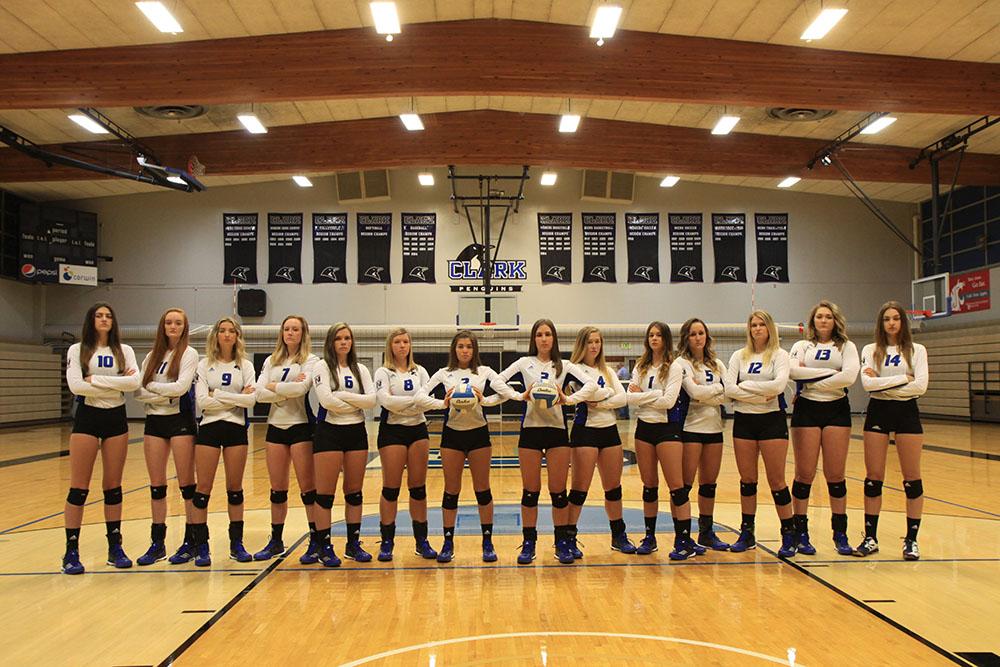
The 2017 Penguins volleyball team had its best season in program history. Photo: Clark College Athletic Department.
As fall quarter comes to a close, Clark’s Athletic Department has much to take pride in from the concluding sports season. More than one fall sports teams had their best performance in team history, and many made into the championships for the Northwest Athletic Conference (NWAC). Individual team reports are below:
Women’s Soccer
Women’s Soccer carried over their success from the 2016 season, extending their South Region dominance, finishing 11-0-1 in conference and 13-3-1 overall. The women reached the NWAC semi-finals after defeating Whatcom 6-1 at home in their quarterfinal game.
The semi-final game was played in Seattle against Highline Community College. Clark would score first and go into half-time with a 1-0 lead. Highline answered in both the 60:00 minute and the 67:00 minute, taking over the lead. Freshman Sarah Teubner tied the game in the 86:00 minute, propelling the Penguins into what would be two high-energy extra periods. The extra periods would conclude with both teams still tied 2-2, forcing penalty kicks.
The Penguins ultimately fell to Highline in penalty kicks, 4-3. Highline would go on to win the NWAC title. Clark’s third-place championship finish is the best in program history.
Forward Facienne Graham was voted South Region MVP and teammates Rylee MacDonald, Sarah Teubner, Maddison Maffeo, and Maggie Higgins received All-Star recognition.
Teubner finished the season second in the NWAC for assists, with 13. Graham finished fourth in the NWAC for points with 40, and fifth in assists with 10. Goal-keeper Higgins finished second in the NWAC for save percentage, with .864.
Men’s Soccer
Men’s Soccer found themselves in the playoffs this season following a 4-4-2 conference record and 4-8-2 overall record. The South Region saw an evenly talented pool of teams throughout the season, with playoff positions being decided in the final games of the conference season. Clark secured their third-place finish, which put them on the road up to Tacoma for their playoff game.
Clark fell to Tacoma 3-0, with all of Tacoma’s goals coming in the last 17 minutes of the game. Freshman forward Eric Hernandez-Tavera received South Region MVP and teammates Colton Mannhalter, Kento Oudomphong, Vladimir Romano, and Miguel Martin received All-Star recognition.
Volleyball
Volleyball finished their season with the best record in school history: 34-8 overall, 11-3 in conference. With the top three spots in the South Region being up for grabs until the final matches of conference play, the Penguins secured the third-place position heading into the NWAC tournament.
Clark defeated three NWAC opponents before falling to Chemeketa, 1-3, in the double-elimination tournament. They faced Bellevue in the elimination game, after defeating them 3-1 during the second-round of the tournament.
The Penguins finished the first set in dominant fashion, defeating the Bulldogs 25-9. The Bulldogs answered in the second set 25-18, forcing a third set. The final set appeared evenly matched, but Bellevue ultimately defeated the Penguins 15-11. Clark would finish their season with a third-place standing in the conference.
Freshman Dalaney Tuholski finished fourth in the NWAC in kills with 374. Freshman Mary Schorn finished fourth in digs per set with 4.71 and fifth in digs with 518. Freshman Olivia White finished second in the NWAC in blocks per set with 1.30.
Men’s Cross Country
Men’s Cross-Country finished the South region in third place. Sophomore Sam Andersen finished fifth with a time of 27.43; right behind him was freshman teammate Jarod Hulsizer, at 27.47. Freshman Javier Tavera finished sixteenth with 30.13 and freshman Jose Cruz-Solis finished thirty-fourth with a time of 33.293.
The South Region meet was held at Umpqua Community College in what turned out to be a competitive course involving multiple hills for the athletes to climb.
The NWAC championship meet was held in Lacey, Washington, on the campus of St. Martin’s University. The men finished fourth with seven runners completing the course. Freshman Jarod Hulsizer finished sixth with a time of 27:41.50, earning All-American status as a Top Seven finisher.
Women’s Cross Country
Women’s Cross-Country saw much success at the end of their season. They finished in second place at the South Region meet, with four runners finishing in the top ten. Freshman Lizzye Rybalka finished third with a time of 21.37 and freshman Natalia Urtiaga finished fifth, 22.00. Sophomore Aislynn Hansen finished ninth, 23.04, and freshman Lulu Meksheneva finished tenth, 23.15.
The women would carry that success into the NWAC championship meet, finishing in fourth, only two points behind the third-place finishing team. Urtiaga finished the course fifth, earning All-American status. Rybalka would finish ninth, followed by Hansen in fourteenth.
Coming up: Basketball
With the conclusion of the fall sports season, both men’s and women’s basketball programs are in the middle of their non-conference schedule. The men will be hosting an NWAC crossover tournament December 15-17, which will include a round-robin tournament with Centralia, Olympic, and Spokane. Both the teams will open their conference play in January, with their first home conference opponent, Lane, coming into town on Saturday, January 6, at 2:00 p.m. (4:00 p.m. for the women’s game).
For all upcoming schedule and events, visit www.clarkpenguins.com


